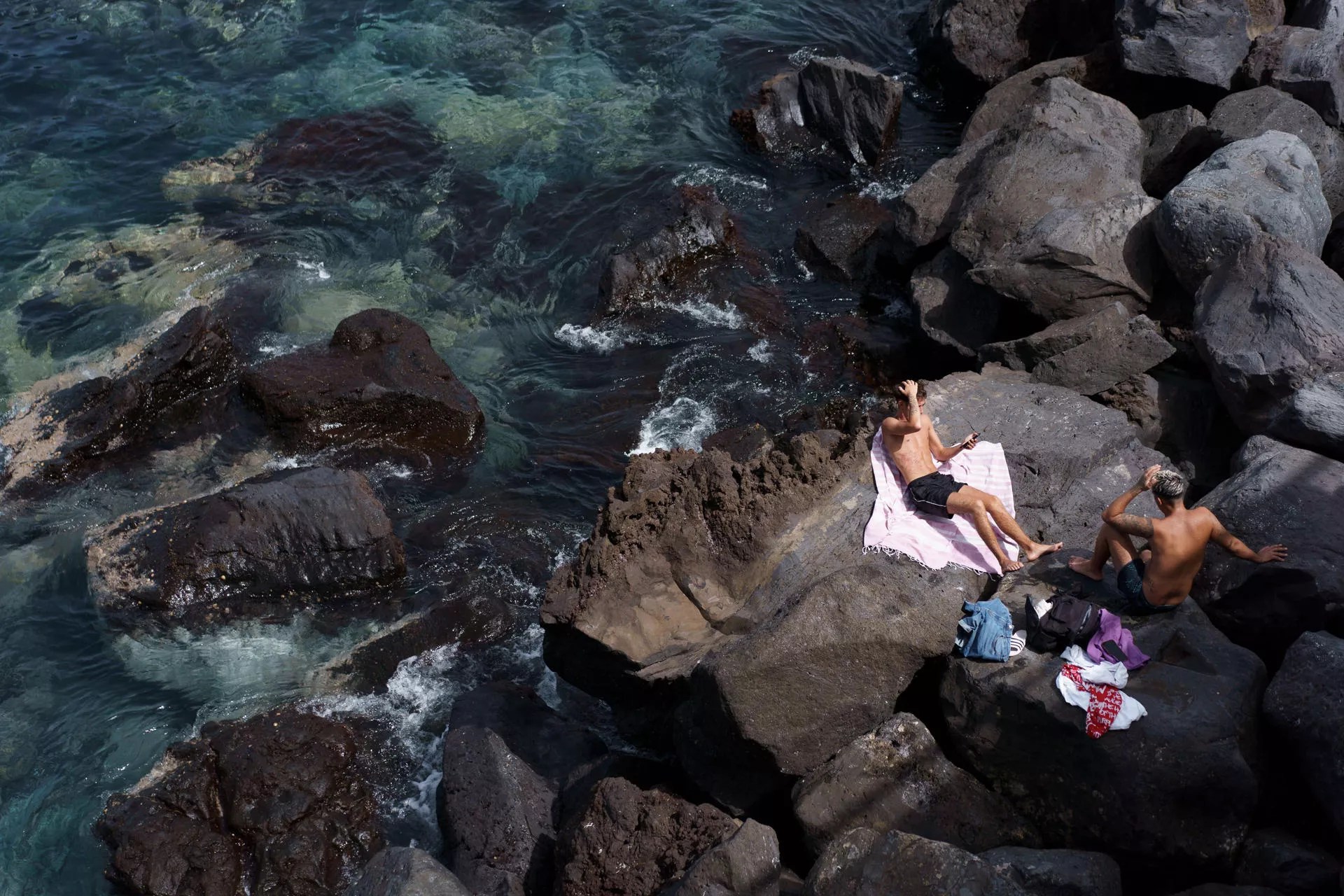Canarian Coalition (CC), Sí se puede (SsP) and Izquierda Unida (IUC) demand that the Island Government that the Cabildo assume the cost of transferring wastewater from the Valle de Güímar Industrial Estate to the sewage treatment plant The bell, in El Rosario, estimated at 160,000 euros. They agree in justifying such a requirement alluding to the fact that this extra expense for the municipalities is caused by the delay in the completion and commissioning of the industrial treatment plant that is being built on the land of the Southeast polygon.
The transport of wastewater is a requirement of the Vice-Ministry of Ecological Transition of the Government of the Canary Islands, which establishes it in the last extension of the authorization to discharge into the sea from the Valle de Güímar Industrial Estate. To do this, it requires reducing the pollution load by 30%, which involves transporting up to 240 cubic meters of wastewater a day to La Campana. The measure will be in force until the next day 28date on which the Southeast Industrial Wastewater Treatment Plant (Edari) The test run period will begin.
In the event that the island government chose to meet the demand of various parties, it would have to invest around 53,000 euros for each municipality in the Güímar Valley
In the case of the Canarian Coalition in the Cabildo de Tenerife, it requests that the Island Corporation assume the almost 160,000 euros. The nationalists establish that the municipalities of Candelaria, Arafo and Güímar will pay 22,000 euros to the Consistory of El Rosario for depositing the wastewater in the treatment plant they own, while the cost of the tanks used to transport it implies in around 46,000 euros for each of the three municipalities.
Carlos Alonso, spokesman for CC, describes as a “complicated situation” the one that affects the Güímar Valley councils, something that he attributes to the fact that “they have been alone, because Pedro Martín has not been able to promote a solution.” For this reason, and “since the Cabildo has not led this matter to resolve it, at least assume the cost.” Alonso puts the amount that corresponds to each city council at approximately 53,000 euros.
Signing of the agreement
Last Friday began the operation of transferring up to 210 cubic meters of wastewater per day, a figure determined by the authorization of the Canarian Government to apply only this week. The signing of the agreement between the three town councils and the town hall of El Rosario is scheduled for this morning.
Sí se puede (SsP) and Izquierda Unida Canaria (IUC) point to the Insular Council of Waters of Tenerife (Ciatf) as responsible for the delay in the works of the industrial treatment plant of the Valle de Güímar Polygon. That should not have a negative impact on the economy of the municipalities, they defend. Both parties draw attention to the discrepancy on the cost of the operation between the officials themselves. They assure that the municipal secretary of Candelaria put it at 47,955 euros per municipality, while his counterpart from Arafo reduced it to just over 31,900 euros, “in the worst case scenario.” “It is a clear example of the haste and improvisation with which this case is being acted on,” they maintain.
The tanks will transport a maximum of 210 cubic meters of wastewater per day to the La Campana treatment plant during this week. The next one can reach 240
SsP and IUC determine that the transfer of polluting water to La Campana is “an extraordinary and urgent response to a problem caused by the mismanagement of the works by the Insular Water Council, since the works should have been completed in September 2020 , period in which the authorization of the Government of the Canary Islands for uncontrolled discharges expired”.
extremely serious
In the opinion of Sí se puede and Izquierda Unida, the situation “is extremely serious and there can be no further postponement, because it has already been one year and five months of unauthorized dumping.” Both parties affirm that “after almost ten years, the Güímar Valley is in the same situation as when Sí se puede and IUC denounced the discharges through criminal channels.” Matter that remains unprosecuted.
Carlos Alonso (CC), furthermore, finds the use of the La Campana treatment plant “significant” in that case, “when the PSOE and Ciudadanos voted against its construction. If today the discharges in El Rosario is thanks to the work we did from the opposition, that we got 1.5 million euros to execute it, and to the push of the mayor, Escolástico Gil”.
















